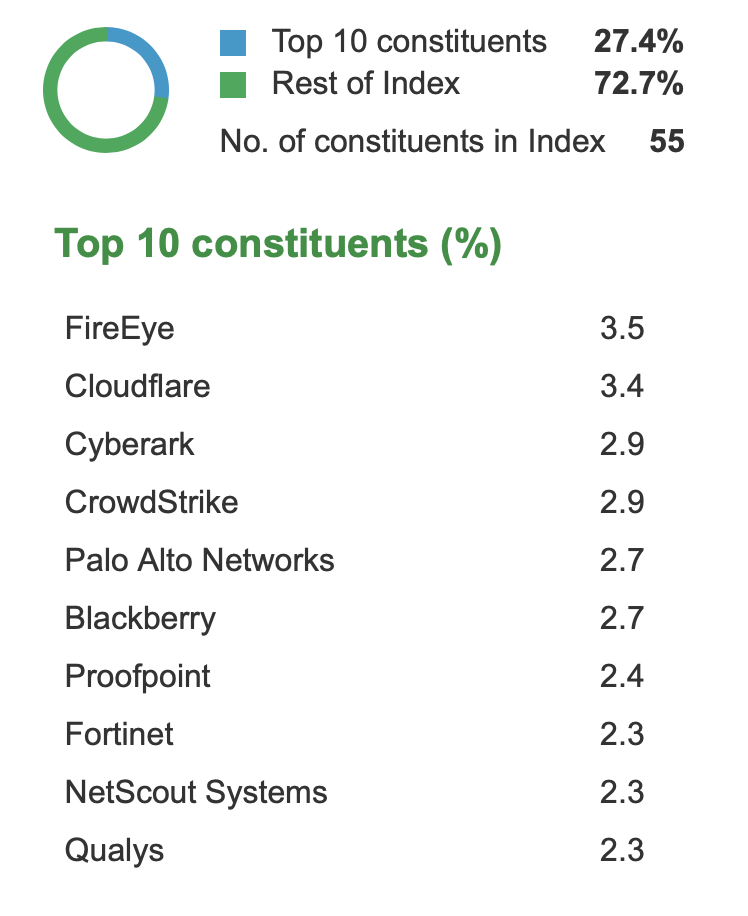Is Black Gold Back in Vogue?
Summary:
- Retail Revenge of the FAANGs: Can it last?
- Why I am so keen on Semiconductors
- Identifying the characteristics of a commodity super-cycle
- Industrial Metals: Copper and Tin
- Unfashionable oil to make an unlikely comeback?
The FAANGs Bite Back
So I was wrong in saying that big tech in the US was at risk of a correction. At least so far. What is quite clear is that I have underestimated the power of the retail investor, at least in the short term. If we look at equity fund flows over the last month they've been incredibly strong.
EPFR reports strong flows into equity funds last week
Source: EPFR
According to EPFR, global equity funds have seen something like $58 billion of net inflows over the last week, which is one of the highest levels of inflows seen in many, many years. This may well highlight the euphoria that is starting to develop amongst retail investors. The same euphoria that I've previously pointed out exists also in other areas of financial markets, including cryptocurrency, SPACs, IPOs and hydrogen stocks.
However, there is a great phrase uttered in the last cycle (2007) by Chuck Prince, who was then CEO of the American bank Citigroup. He basically said that: “As long as the music is playing, you’ve got to get up and dance”. That's a little bit how I feel today. Yes, there are signs of over exuberance and euphoria creeping into different corners of the financial markets. But this trend is likely to continue, so long as central banks and governments continue to support the economy by flooding it with liquidity and spending.
This could be added to in the weeks and months to come, should the current lockdowns and restrictions related to COVID be progressively lifted, and allow households to finally spend some of that extra cash that they've been saving up. Recall that in the US, households have saved an excess of $1.5 trillion in their bank accounts over the last few months. Some of this money will be spent. Some of it will probably be invested. And when it is invested some of it is likely to make its way to the stock market, given how unattractive various areas of the bond market appear today at ultra low yields.
Note, for instance, that globally, something like…







